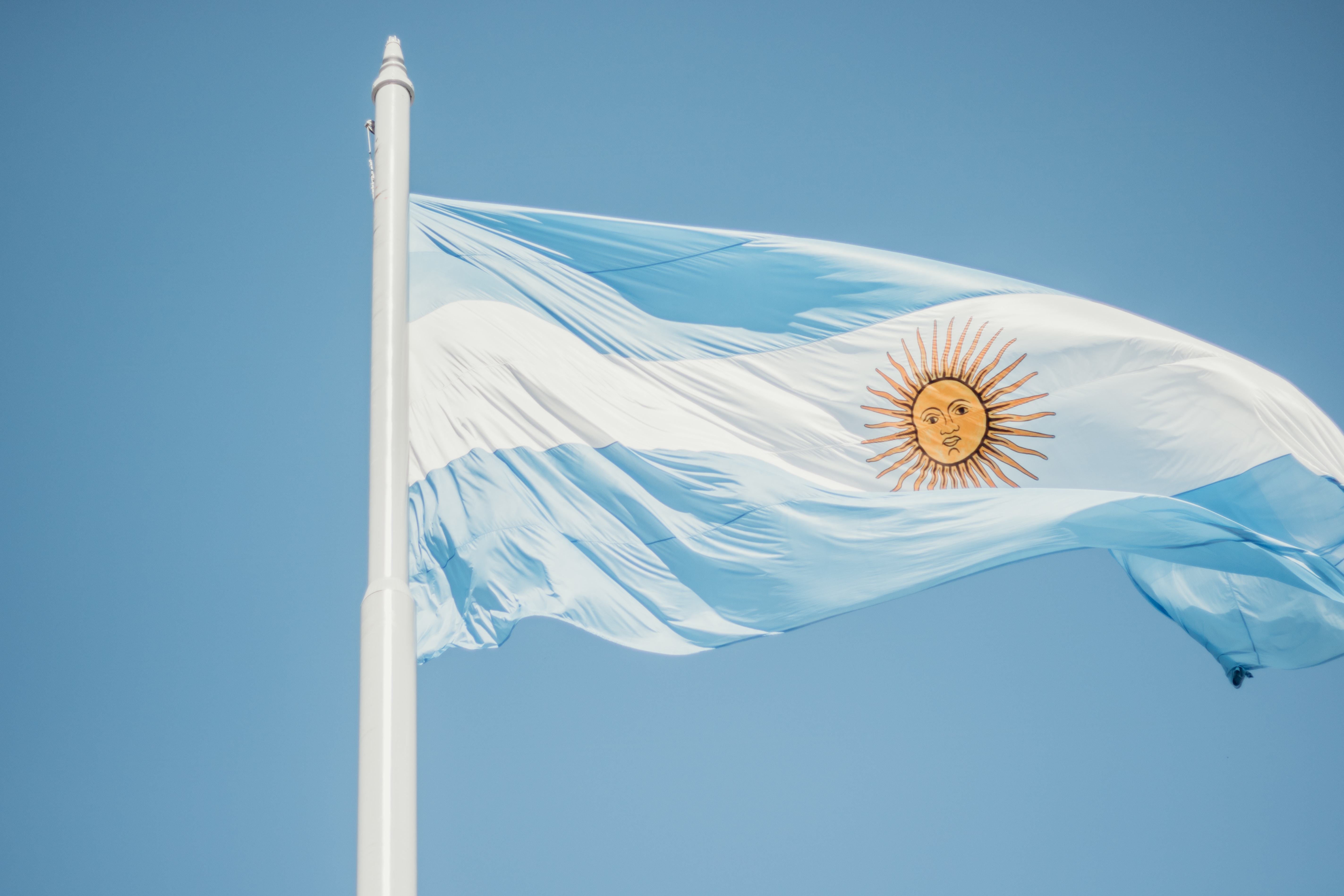
On October 22nd, Argentina will head to the polls for the first round of its Presidential election. Currently leading the polls is Javier Gerardo Milei, a 52 year-old former rockstar, sex instructor, and goalkeeper. Milei, or “the Wig” as he is sometimes known, is a right-wing libertarian populist campaigning on a platform of, among other things, replacing the volatile Argentine peso with the US dollar. This radical solution, AKA dollarization, would see Argentina's central bank lose its ability to print money as well as any authority over its own monetary policy, all of which will then be at the mercy of the U.S Federal Reserve.
It’s Milei’s hope ––along with a sizable chunk of the Argentine electorate–– that this will put a stop to the country’s spiraling inflation, currently at over 120% and estimated by some to hit 180% in the not-too-distant future.
This, says Paul Stafford, Co-Founder and Chief Technology Officer at Deaglo, is not going to happen. In fact, despite Milei’s previous life as an economic consultant ––he’s even named all five of his dogs after economists–– Stafford thinks he’s got this one very, very wrong.
Why is dollarization a popular idea in Argentina?
“Their fiscal policies are a disaster,” explains Stafford. With an election on the horizon, “the government isn’t making the difficult decisions it has to.”
As a result, inflation is through the roof and getting worse, and the country is having to repeatedly borrow money from the International Monetary Fund (IMF) to pay off an almost $60 billion loan that it took out from the IMF itself. Poverty levels are at around 40% and people are angry, especially considering how well some of Argentina's neighboring economies are doing.
Dollarization is just the latest strategy being thrown around to combat the chaos. Ironically, the last headline grabbing idea was a joint currency with Brazil, the B in the BRICs group, which has made de-dollarization (i.e. shifting away from USD as a global reserve currency) its raison d'être.
While there are a lot of reasons why dollarization won’t work, it is an understandable idea. There are three dollarized countries in Latin America in Ecuador, Panama and El Salvador, while Bolivia’s currency is pegged to USD (a sort of dollarization-lite). In Ecuador in particular, dollarization is largely seen as a success. In 2000, inflation in the country was at 96%. Following the official adoption of the dollar, this declined considerably.
But perhaps the biggest reason dollarization is seen as a vote winner is that like many countries with volatile currencies, parts of Argentina’s economy have already dollarized. It’s thought that Argentines have as much as $371 billion in dollar assets (though some report this to be closer to $200 billion and some think even that’s overblown), much of it outside the local financial system, while recent reports suggest more and more Argentines are trading locally in USD, such is the speed with which pesos lose value.
Despite all this, explains Stafford, “it isn’t going to happen… and even if it did, it’s a really bad idea.”

Why dollarization isn’t going to happen
“You can't just say, oh, we're using dollars now,” says Stafford, “Ecuador was able to do it because they had huge dollar reserves and they still had to borrow.” Dollarization requires a country to have enough USD to exchange all the local currency in circulation, and while $20 - $25 billion sounds like a lot to the man on the street, it’s probably not even half of what the country would need —$60 billion according to the calculations of Milei’s own top economist. That means a huge loan would be required. Well, Argentina has already had one of those, to the grand sum of $57 billion in fact, and it keeps nearly faulting on it and borrowing money from the original lender, the IMF, to pay it off.
Furthermore, that $60 billion figure is at today’s exchange rate. But, explains Stafford, an announcement of dollarization makes the peso virtually worthless overnight, “that’s why the only way is to borrow and use your reserves.”
Why dollarization is a terrible idea for Argentina
When a country dollarizes, it surrenders all control of its monetary policy to a country with an entirely different economic situation. For a commodity exporting country like Argentina, this is particularly damaging, points out Stafford. “You lose the ability to depreciate your currency to increase your exports.” And while Argentina should probably stop printing for the time being, in a more stable economy, printing money can be a useful tool to fight a deficit, while the inability to do so often means borrowing more money to finance the running of the country. This is what’s happening in Ecuador, where the debt to GDP ratio has increased substantially since the country dollarized, with the country defaulting on its debts twice since 2000.
This is one of many examples of the region’s dollarization success stories being, upon closer inspection, less inspiring. While the move to dollarization has slowed inflation in Ecuador and opened up its markets to foreign investment, it has, according to LATAM Dialogue, had a negative impact on local sectors. The dollar’s appreciation means Ecuadorian products are now far more expensive than in neighboring countries, causing thousands of Ecuadorians to travel into Peru and Colombia every day in search of cheaper goods, denting domestic demand. The country’s economy has stagnated in real per capita terms for the past 10 years.
Fortunately, polls in recent months show more people oppose the idea than support it, though rising inflation is doing its best to change that. If not dollarization, though, then what? “What they really need to do,” thinks Stafford,”is attack the primary problem, which is that their fiscal policies are all over the place.”
But with poverty levels at 40% and inflation and debt sky high, that’s a tough sell for any candidate to make.

